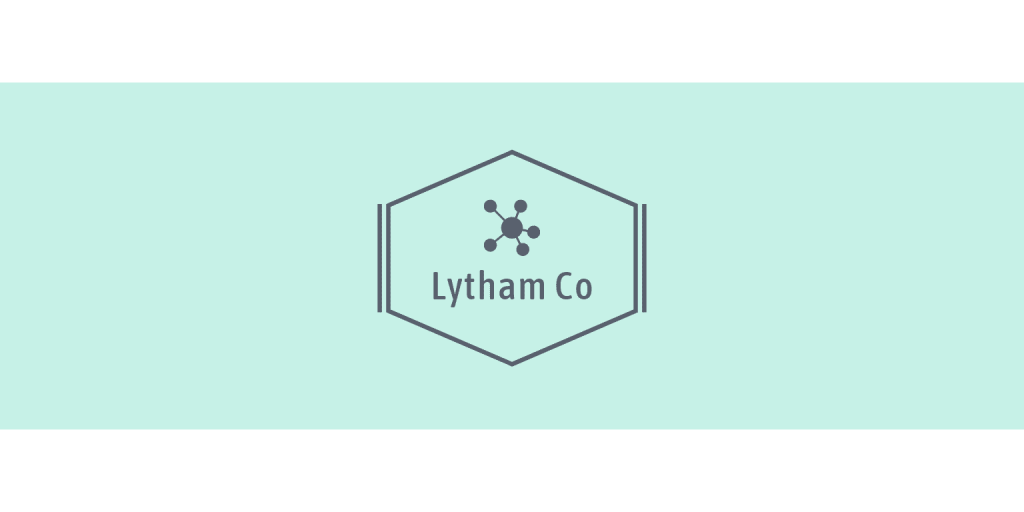Local dentists play an indispensable role in the health of individuals and the broader community. More than just providers of routine dental care, professionals like Sahar Rakhshanfar contribute significantly to overall public health by promoting preventive care, educating patients, and addressing systemic health issues. By forming lasting relationships with patients, Sahar Rakhshanfar and other local dentists become pillars of health education and awareness, ensuring that communities thrive with strong foundations of oral and general health.
Promoting Preventive Care
The foundation of a local dentist’s role in a community lies in the promotion of preventive care. Dentists are on the frontlines of preventing oral diseases, which can lead to more significant health problems when left unchecked. Regular dental visits are essential for detecting early signs of oral health issues such as cavities, gum disease, and even oral cancers. Through these visits, local dentists not only treat immediate dental concerns but also ensure that any potential problems are caught early, minimizing the need for more invasive and costly treatments later on.
Preventive care extends beyond dental check-ups to include educating patients on the importance of daily oral hygiene. Dentists encourage practices like brushing and flossing, as well as limiting sugary foods and beverages that contribute to dental decay. Local dentists often offer personalized guidance to their patients, providing tailored advice that promotes long-term oral health. This personalized attention creates a culture of self-care within communities, helping people understand how integral their oral health is to their overall well-being.
Educating the Community
One of the most vital contributions local dentists make to public health is education. Dental health is often overlooked in broader health discussions, yet it is closely connected to several systemic diseases such as diabetes, heart disease, and respiratory conditions. By providing educational resources, workshops, and hosting school programs, local dentists play an essential role in raising awareness about the importance of oral health.
Through these efforts, local dentists demystify dental procedures and address misconceptions, such as the idea that dental visits are only necessary when something goes wrong. By teaching children and adults alike the value of maintaining good oral hygiene, dentists help foster habits that can last a lifetime. Many dentists also provide information on topics such as the connection between diet and oral health, or the dangers of tobacco use, empowering individuals to make healthier lifestyle choices.
Bridging Health Disparities
Local dentists have a unique position in addressing health disparities, particularly in underserved communities. Dental care is often not included in health insurance plans, or it may be prohibitively expensive for many families. Dentists working in these areas can provide much-needed care through sliding-scale fees or partnerships with public health programs, ensuring that underserved populations have access to necessary dental treatments. This commitment to equitable care helps reduce oral health inequalities and contributes to better overall health outcomes.
In addition, local dentists often become advocates for their communities. They recognize the specific health challenges faced by individuals in their area and tailor their services accordingly. Whether offering free screenings, providing treatment for children who may not otherwise have access to care, or working with local schools to promote oral hygiene, dentists can serve as a vital resource in communities with limited healthcare access.
Strengthening Community Connections
Local dentists also play an essential role in building trust within their communities. Unlike larger healthcare facilities or specialists who may only interact with patients on a transactional basis, local dentists develop long-term relationships with their patients. This continuity of care creates a sense of trust and familiarity, which can make people more likely to seek care when needed. Trust in a local dentist fosters a sense of security, which is vital for improving patient outcomes.
For many families, a local dentist is a trusted health advisor who understands their unique needs. Over the years, as families grow, a dentist can provide dental care to children, parents, and even grandparents, helping to create an intergenerational bond centered around health. By developing this rapport, local dentists can also track patient progress, ensuring that individuals maintain regular care and receive necessary follow-ups.
Collaborating with Other Healthcare Professionals
Dentists do not operate in isolation. They frequently collaborate with other healthcare professionals, such as general practitioners, nutritionists, and mental health counselors, to ensure that their patients receive the most comprehensive care possible. This team approach is particularly important for individuals with chronic health conditions like diabetes or heart disease, where oral health may impact the management of these conditions.
For example, research has shown that periodontal disease can exacerbate conditions such as diabetes or cardiovascular disease. Local dentists are often the first to identify symptoms of these diseases during routine check-ups and can refer patients to appropriate specialists for further care. This collaborative approach leads to better overall health outcomes for patients and strengthens the role of local dentists in maintaining community health.
Conclusion
The role of local dentists extends far beyond simply treating teeth. They are crucial to the health and well-being of the communities they serve, promoting preventive care, educating patients, and addressing health disparities. Through their personal connections with patients and collaboration with other healthcare professionals, local dentists play a pivotal role in building healthier communities. Their commitment to care, education, and prevention ensures that people can maintain good oral health, which is essential for a higher quality of life and better overall health.
